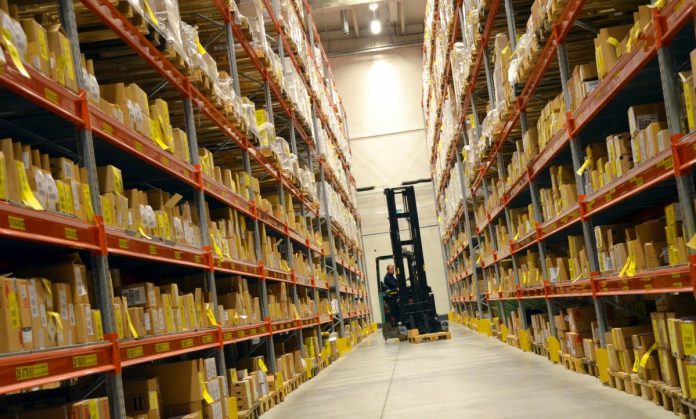“Big data” has become a key to bring innovation to your organization especially to understand your consumer experience, their perceptions, opinion and how loyal they are with your retail goods, products and services. Big data has been capable to solve many problems in the retail industry such as consumer experience, consumer churn, sales, marketing, manufacturing, production, supply chain and many more.
“Big data” – which admittedly means many things to many people – is no longer confined to the realm of technology. While big data is the convergence of more data from more sources than we have ever seen, it also represents a cultural shift in the way retailers connects with consumers in a meaningful way. This bottom-line impact of big data is what makes it a business imperative and why retailers around the world are leveraging it to transform their processes, their organizations and, soon, the entire industry.
Big data is especially promising and differentiating for retailers. Today’s empowered consumers bring attitudes and expectations shaped by experiences across a diverse commercial world to every interaction with retailers. Now more than ever, consumers use data and technology to take control of their shopping experience.
As consumer technology adoption and multi-channel shopping experiences become the norm, data becomes increasingly critical. For example, a consumer might begin researching a product on a mobile app, purchase it online and pick it up at a store. Coordinating this multi-channel shopping interaction requires entirely new data competencies for the retailer whose business now depends upon whether it can manage, integrate and understand this vast array of data coming at a non-stop pace.
The right information is important at every step, both to create a seamless interaction for the customer, and to coordinate complicated inventory and merchandise fulfillment operations. In today’s globally integrated, time-sensitive retail environment, data is critical across the entire retail value chain, including merchandising and assortment planning, inventory management, distribution, marketing, sales, service, returns, finance and more. All of this must be optimized under continual directives to become leaner, more cost-effective and increasingly profitable. So the question for many retailers remains, “How to harvest and leverage this information to gain a competitive advantage?”
Retailers report that the use of the information such as big data, and analytics is creating a competitive advantage for their organizations, compared with cross-industry respondents. This competitive advantage is increasing with high rates in the past few years and it is predicted that rates will touch its high peak.
Retailers are taking a business-driven and pragmatic approach to big data. The most effective big data strategies identify business requirements first and then tailor the infrastructure, data sources and analytics to support the business opportunity. These organizations extract new insights from existing and newly available internal sources of information, define a big data technology strategy and then incrementally extend the sources of data and infrastructures over time.
SAID Business School – IBM, Executive Report



